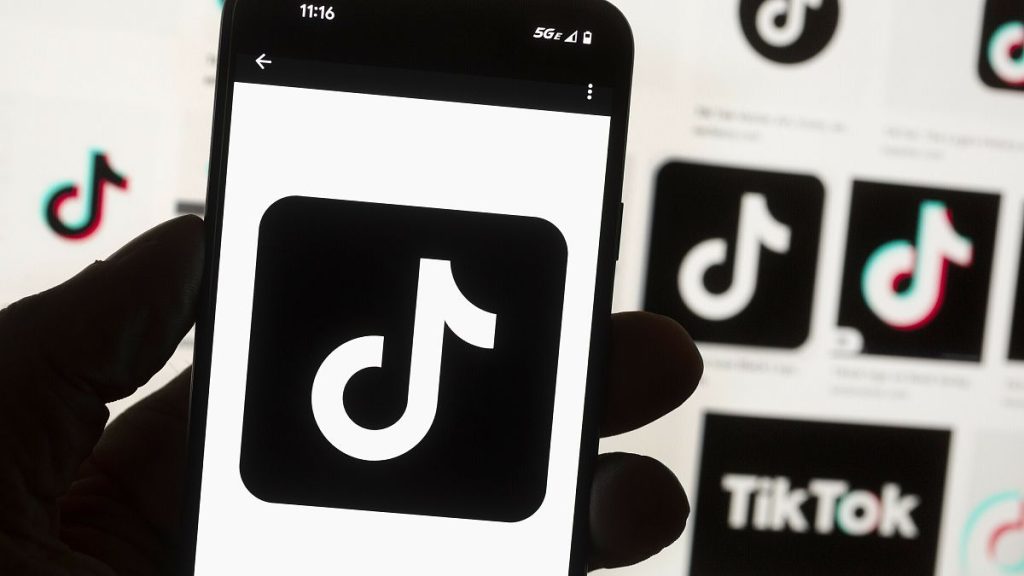The Albanian government, spearheaded by Prime Minister Edi Rama, has announced a drastic measure to combat what it perceives as a growing societal problem: the one-year shutdown of the popular video-sharing platform, TikTok. This decision, slated for implementation in the coming year, comes in the wake of heightened concerns regarding violence and bullying, particularly among children, allegedly fueled by content circulating on the platform. The catalyst for this dramatic action appears to be the tragic death of a teenager in mid-November, reportedly stabbed by another youth following a dispute allegedly originating on TikTok. This incident sparked a wave of anxiety among parents and educators, leading to over 1,300 meetings between Albanian authorities, teachers, and parents to address the issue. The Prime Minister, citing a need to protect Albanian children from the platform’s perceived harmful influence, has declared a complete ban on TikTok within the country.
The government’s rationale for the ban rests on the belief that TikTok promotes a culture of violence, hatred, and bullying, particularly among its young user base. Prime Minister Rama argues that Albania, being a relatively small country, lacks the leverage to compel TikTok to modify its algorithms and filter the content deemed harmful. He contrasts TikTok’s operations in Albania with its operations in its parent company’s home country, China, claiming the platform promotes more positive content like educational material and environmental awareness in the latter. The Albanian government, therefore, sees a complete ban as the only viable solution to protect its youth from the negative impacts of the platform’s content.
TikTok, in response to the Albanian government’s announcement, has requested clarification on the circumstances surrounding the teenager’s death. The company maintains that it has found no evidence linking the victim or perpetrator to TikTok accounts and asserts that videos related to the incident were circulated on another platform. This statement brings into question the direct link between TikTok and the tragic event, raising the possibility that other platforms may also contribute to the problem of online violence and bullying.
While the government frames the ban as a protective measure for children, the decision has sparked controversy and criticism. Opponents, including lawmaker Ina Zhupa of the Democratic Party, denounce the move as an infringement on freedom of speech and democracy, labeling it a dictatorial act and an abuse of power. This dissent highlights the complex debate surrounding the regulation of online content, balancing the need to protect vulnerable populations with fundamental rights. The decision also raises questions about the effectiveness of such bans in the interconnected digital landscape, where users may find alternative ways to access prohibited platforms.
Albania’s actions occur within a broader context of growing international concern over the impact of social media on children. Several European nations, including France, Germany, and Belgium, have implemented restrictions on children’s access to social media platforms. Australia has taken an even more stringent approach, banning social media outright for individuals under 16. These diverse responses reflect a global grappling with the challenges posed by the rapid growth and pervasive influence of social media, particularly on younger generations.
The Albanian government’s decision to ban TikTok represents a significant escalation in the ongoing debate surrounding the regulation of online content. While proponents argue that such measures are necessary to protect children from harmful influences, critics raise concerns about freedom of expression and the potential for such bans to be ineffective in the long run. The international community is closely watching the outcome of this unprecedented action, which could set a precedent for future regulatory interventions in the digital sphere. The effectiveness of the ban, its impact on Albanian society, and the response from TikTok and the international community remain to be seen. The incident has ignited a crucial discussion about the role and responsibilities of social media platforms in safeguarding the well-being of their users, especially children and adolescents. The debate is likely to continue as governments and societies grapple with the evolving challenges of the digital age.














